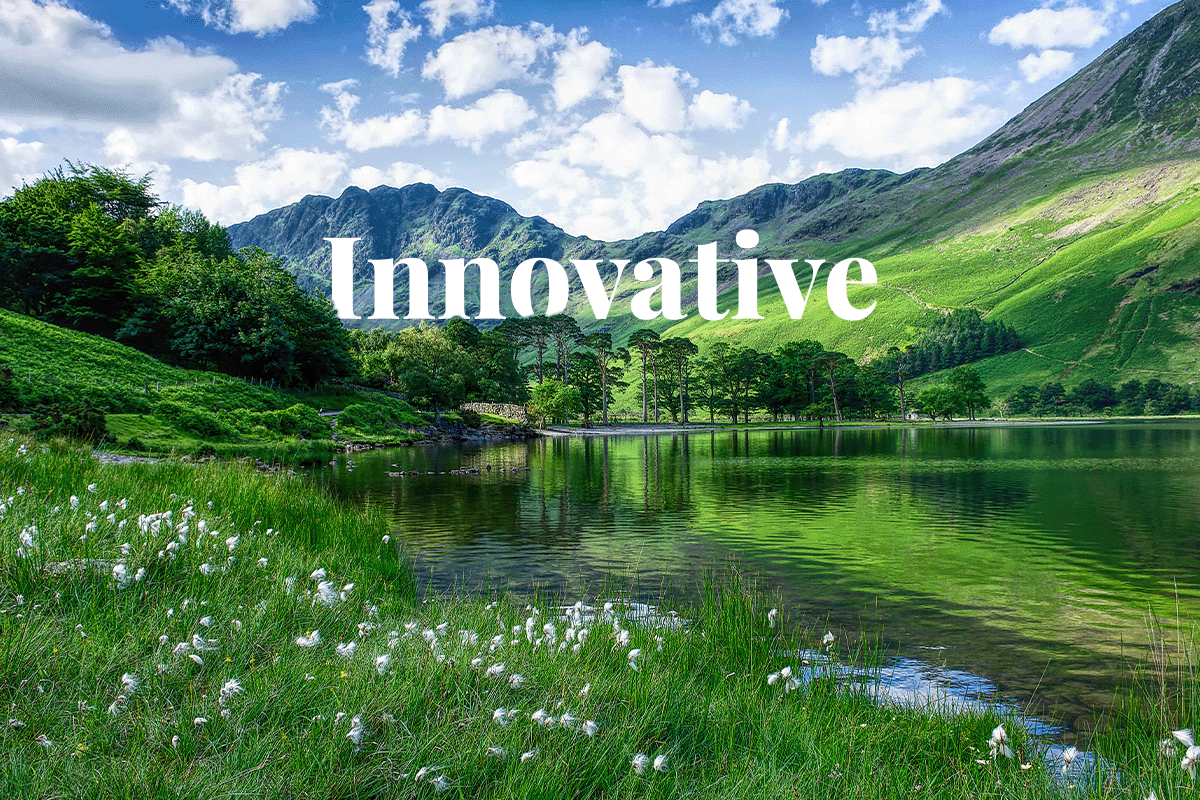The Environment Bank takes a pioneering leap in promoting corporate environmental responsibility by introducing biodiversity credits as its newest natural capital asset class. This innovative approach encourages businesses to invest in nature restoration, effectively mitigating their environmental footprint.
 Landscape of Lake District National Park in UK.
Landscape of Lake District National Park in UK.
The initiative marks a paradigm shift in how the private sector values and prices global nature investments. The Environment Bank has committed $300 million, a substantial investment, to kickstart this pioneering programme. To expand its reach and impact, the bank is actively seeking partners willing to embrace this innovative credit scheme.
In line with the Taskforce on Nature-Related Financial Disclosures (TNFD) framework, businesses are encouraged to establish science-based nature targets. They are also urged to integrate nature risk considerations into their strategic planning. Furthermore, the framework emphasises the importance of full disclosure, requiring companies to reveal all impacts, risks, and dependencies related to nature throughout their entire value chain.
Read more: Biodiversity credits: an innovative financing mechanism for conservation
As the private sector increasingly recognises nature's pivotal role in achieving net-zero targets, the Environment Bank has introduced the sale of biodiversity credits. This year, the bank is dedicated to creating 6,000 acres of habitat in the UK, with various ongoing projects. By 2025, their ambitious goal is to restore an area in England equivalent to the size of Manhattan. To achieve this, they are collaborating with local partners to revitalise diverse ecosystems, including grasslands, woodlands, wood-meadow-scrub-grassland mosaics, and wetlands.
James Cross, CEO of the Environment Bank, underscores the significance of biodiversity credits in supporting nature uplifting across ecosystems. He emphasises that scalable and impactful delivery of nature restoration projects is pivotal in addressing climate impacts. Cross believes that biodiversity credits will make nature economically viable. He states unequivocally, ‘We do not get to net-zero without nature, and it’s time to put repairing the planet first on the agenda.’
Read more: A decade of climate investment: $36 billion for nature-based projects
While biodiversity credits hold great promise, it is crucial to ensure the credibility and transparency of the biodiversity credit market, preventing misleading claims and maintaining the integrity of these vital initiatives.
At DGB Group, we believe that investing in nature-based solutions represents the most effective route to safeguard and rejuvenate our natural world. This drives us to create and oversee expansive reforestation and afforestation endeavours dedicated to revitalising biodiversity and restoring deteriorated landscapes while fostering sustainable community development. Our diverse range of solutions empowers businesses, investors, and individuals alike to actively support nature, making it accessible and transparent for all.
Take action to protect biodiversity with DGB



